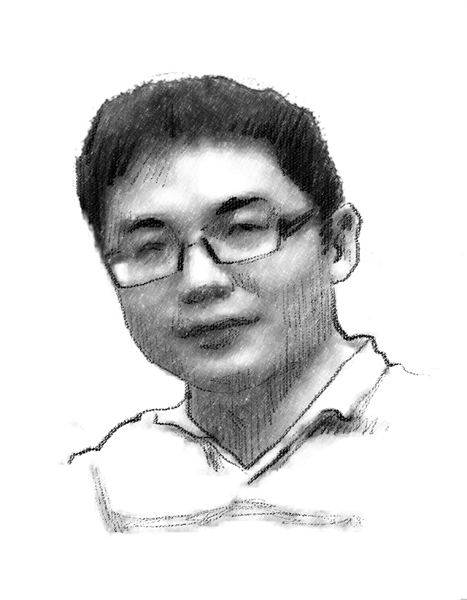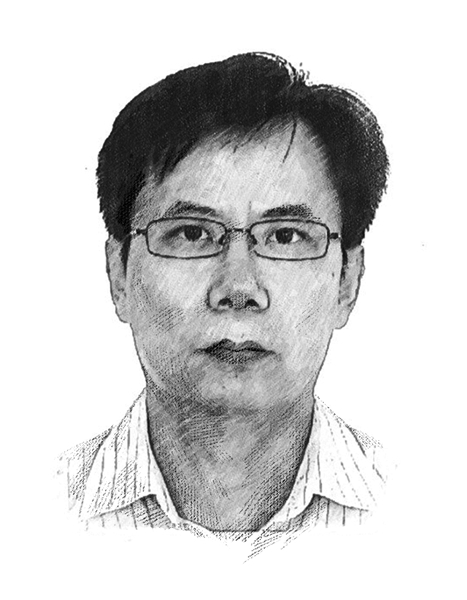Yearender: Predictions for 2016 through 20 questions
Updated: 2015-12-31 07:53
(China Daily)
|
|||||||||||
 |
|
Zhuang Deshui |
17. Will new measures be taken in China's anti-graft campaign?
Zhuang Deshui, deputy director of the Clean Governance Research Center at Peking University
Yes. The measures taken in 2015, such as the Communist Party of China implementing the "strictest discipline" for its members, have made it obvious that the top leadership is trying to institutionalize a system against corruption. In the coming year, more attention will be paid to the implementation of that discipline and other corruption-preventing mechanisms, so that the law and Party rules truly play their role in curbing corruption.
Besides, over 100 "tigers", or senior corrupt officials, have been caught from 2012 to 2015, which shows the firm determination of the top leadership to root out corruption, as well as how rampant corruption had become over the past years. As a result of the anti-corruption campaign, corrupt officials have been generally deterred from holding out greedy hands any more. In 2016, the key job will be to prevent officials from becoming corrupt instead of punishing them afterwards.
To sum up, in the past three years, the top leadership has been mainly trying to curb corruption; in the coming year the emphasis will be shifted to preventing officials from becoming corrupt.
 |
|
Zhang Guanhua |
18. If the Democratic Progressive Party wins the election in Taiwan in 2016, will that affect the cross-Straits relationship?
Zhang Guanhua, director of the Institute of Taiwan Studies at the Chinese Academy of Social Sciences
Yes. The DPP does not recognize the 1992 Consensus that stresses the one-China principle; moreover, it follows a philosophy of seeking "Taiwan independence". If it wins the election, the political cross-Straits understanding will be damaged.
The cooperative arrangements between the Chinese mainland and Taiwan, such as the economic cooperative committee, will also be hurt, because they are all based on the 1992 Consensus as the political foundation. The end of political cross-Straits cooperation would be bad news for both the Chinese mainland and Taiwan, as they face the common pressure of slowing economies.
Many argue that the island's economic slowdown might pressure the DPP to change its approach, but the words and deeds of the DPP leaders, especially its chairwoman, Tsai Ing-wen, show they are not so rational as people expect them to be. They say the status quo should be maintained, but then constantly challenge the one-China principle. The DPP is in general a destroyer of the cross-Straits relationship and there is no reason to expect it will change its practice should it win the election.
Related Stories
Top 10 policy changes in China in 2015 2015-12-28 07:05
Yearender: Ten most talked-about newsmakers in 2015 2015-12-31 06:36
Yearender 2015: Chinese athletes of year 2015-12-29 11:29
Yearender: 2015 auctions overview 2015-12-29 11:23
Yearender: China and US in 2015 - moving forward together 2015-12-29 10:12
Yearender 2015: Key words from stories that created buzz in China 2015-12-29 07:02
Today's Top News
Storm Frank batters northern Britain
Over 1 million refugees fled to Europe by sea in 2015
Germany to spend 17b euros on refugees in 2016
Demand booms for high-end financial talent
Abe expresses apology for Korean victims of comfort women
North China encounters gas supply shortage
Asian Infrastructure Investment Bank launched
Russia says it has proof of Turkey's support for IS
Hot Topics
Lunar probe , China growth forecasts, Emission rules get tougher, China seen through 'colored lens', International board,
Editor's Picks

|

|

|

|

|

|






